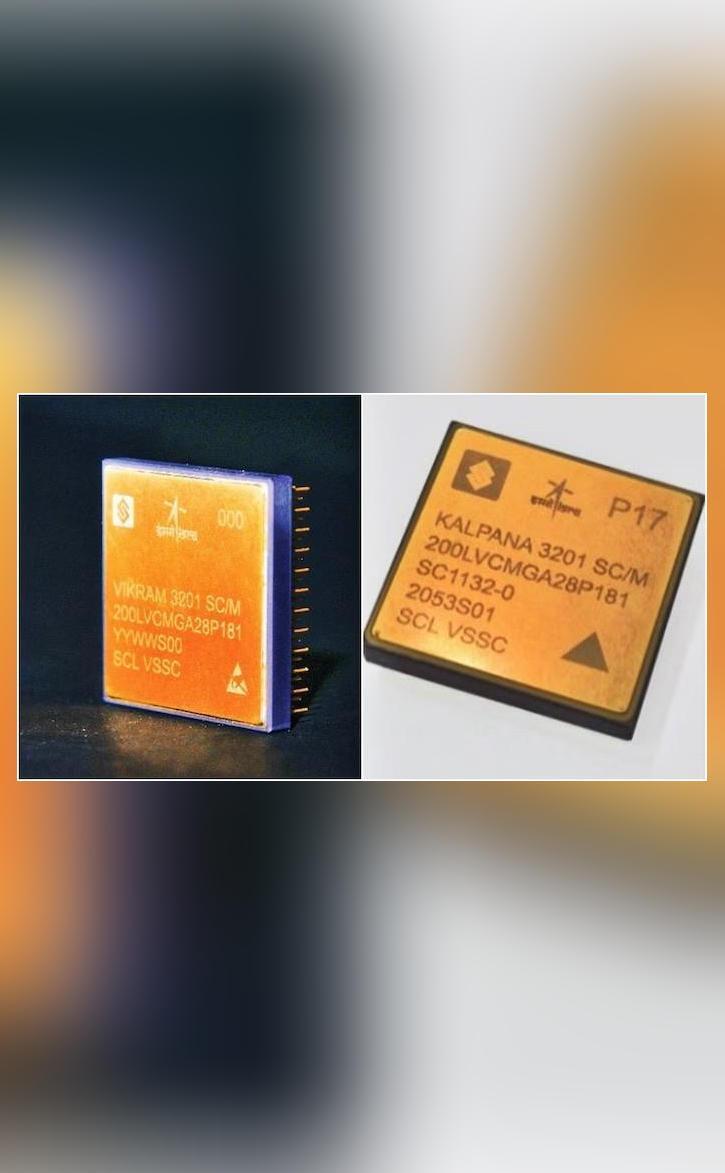
ISRO & SCL Develop 32-bit Microprocessors for Space Applications
In a significant achievement for the Indian space industry, the Indian Space Research Organisation (ISRO) and the Semiconductor Laboratory (SCL) in Chandigarh have jointly developed two 32-bit microprocessors, VIKRAM3201 and KALPANA3201. These microprocessors have been specifically designed for use in space applications, where reliability, robustness, and performance are paramount.
VIKRAM3201, in particular, is a notable achievement, as it is the first fully “Make-in-India” 32-bit microprocessor to be qualified for use in the harsh environmental conditions of launch vehicles. This milestone marks a significant step forward for India’s space program, as it demonstrates the country’s capability to design and develop complex microprocessors that can withstand the extreme conditions encountered during space missions.
The development of these microprocessors is a testament to the collaboration between ISRO and SCL, as well as the dedication and expertise of the teams involved. The microprocessors are designed to operate in extreme temperatures, radiation, and vibrations, making them suitable for use in a variety of space applications, including launch vehicles, satellites, and spacecraft.
Key Features of VIKRAM3201 and KALPANA3201
The VIKRAM3201 and KALPANA3201 microprocessors are designed to offer high performance, low power consumption, and reliability. Some of the key features of these microprocessors include:
- 32-bit architecture with a clock speed of up to 100 MHz
- Advanced RISC (Reduced Instruction Set Computing) design for improved performance and power efficiency
- Built-in error correction mechanisms to ensure data integrity and reliability
- Support for multiple bus interfaces, including SPI, I2C, and UART
- Low power consumption, making them suitable for use in battery-powered space applications
Applications of VIKRAM3201 and KALPANA3201
The VIKRAM3201 and KALPANA3201 microprocessors have a wide range of applications in the space industry, including:
- Launch vehicles: The microprocessors can be used to control the systems and instruments on launch vehicles, ensuring reliable and efficient operation.
- Satellites: The microprocessors can be used to control the systems and instruments on satellites, enabling them to collect and transmit data from space.
- Spacecraft: The microprocessors can be used to control the systems and instruments on spacecraft, enabling them to perform complex tasks such as navigation and communication.
Benefits of Domestic Development
The development of VIKRAM3201 and KALPANA3201 has several benefits for India’s space program, including:
- Reduced dependence on foreign suppliers: By developing these microprocessors domestically, India can reduce its dependence on foreign suppliers and ensure a steady supply of critical components.
- Cost savings: Domestic development can result in cost savings, as India can avoid paying royalties and licensing fees to foreign companies.
- Improved customization: With the ability to design and develop microprocessors domestically, India can tailor them to specific requirements, ensuring optimal performance and reliability.
Conclusion
The development of VIKRAM3201 and KALPANA3201 microprocessors by ISRO and SCL is a significant achievement for India’s space program. These microprocessors offer high performance, low power consumption, and reliability, making them suitable for use in a wide range of space applications. The development of these microprocessors demonstrates India’s capability to design and develop complex electronic components, and paves the way for further innovation and growth in the space industry.
Source:






